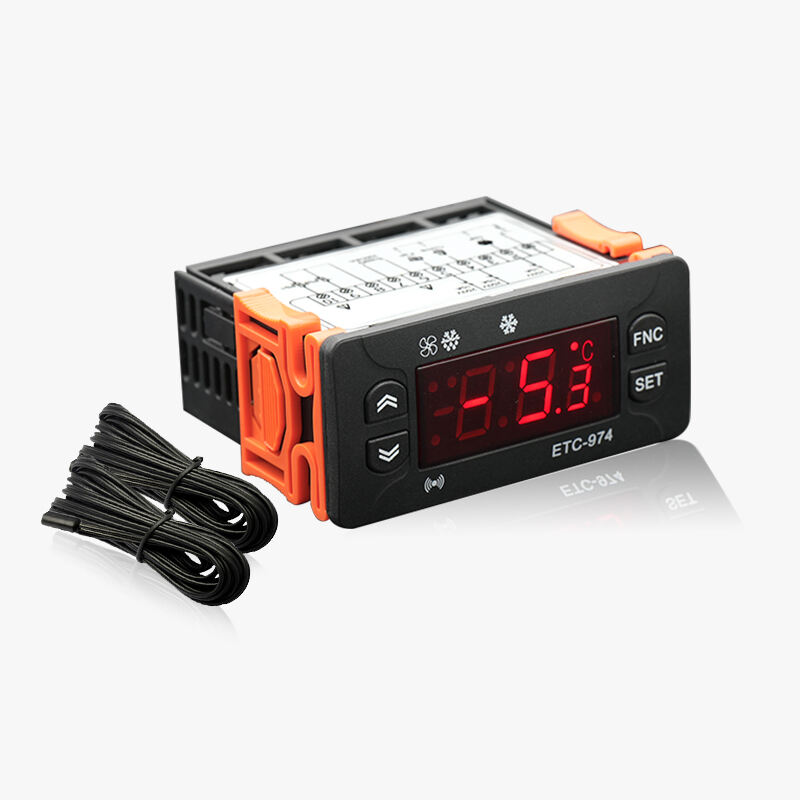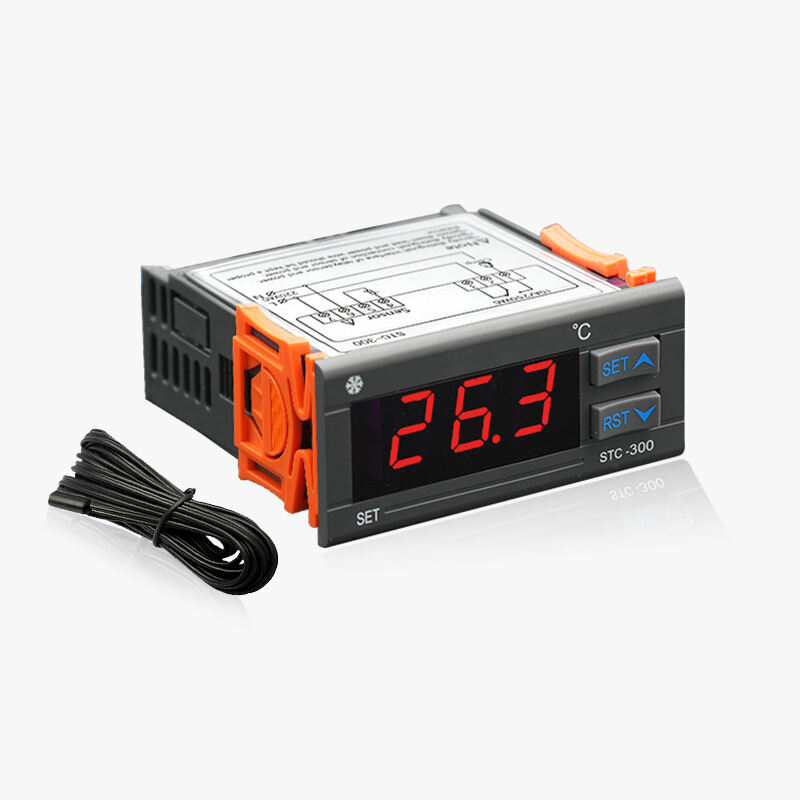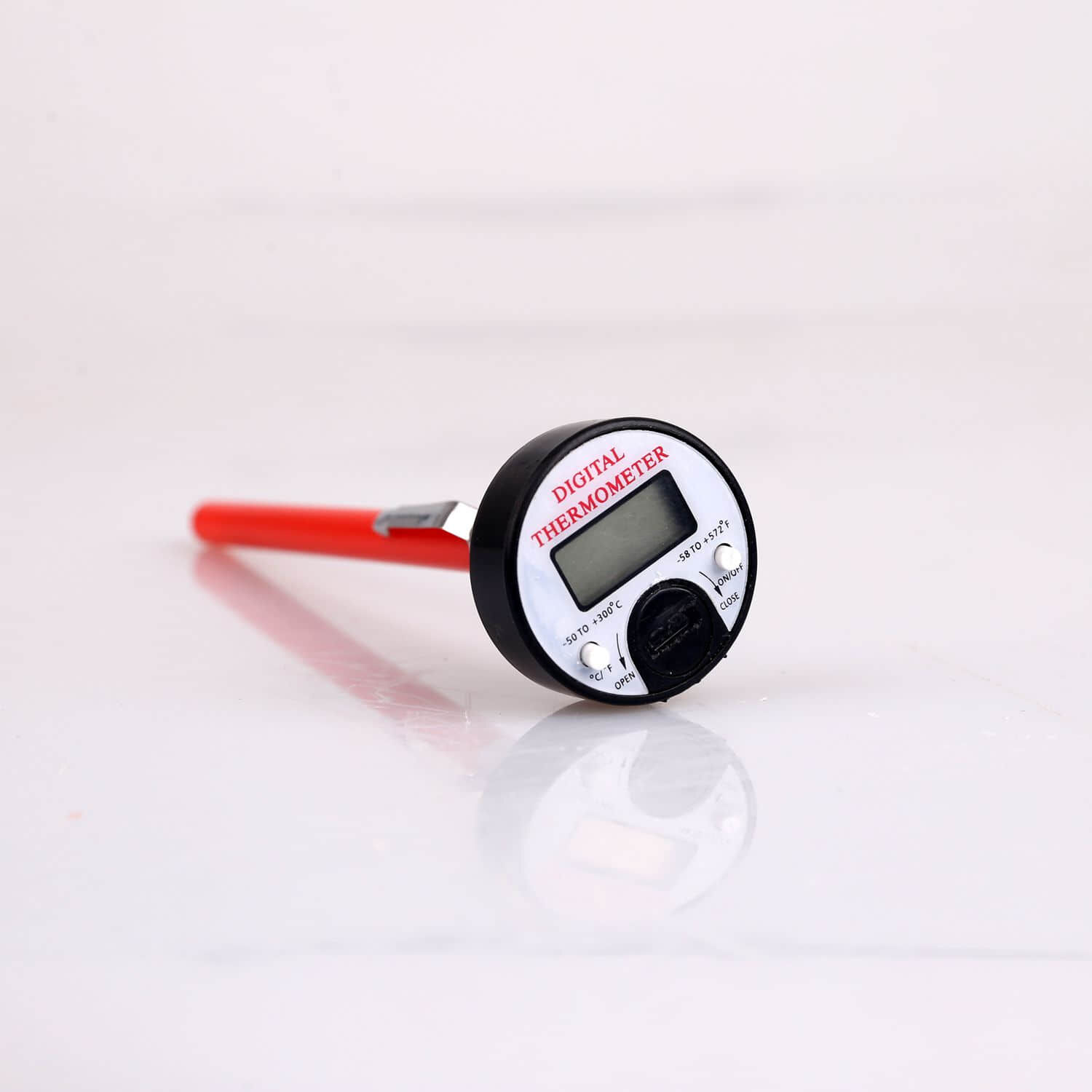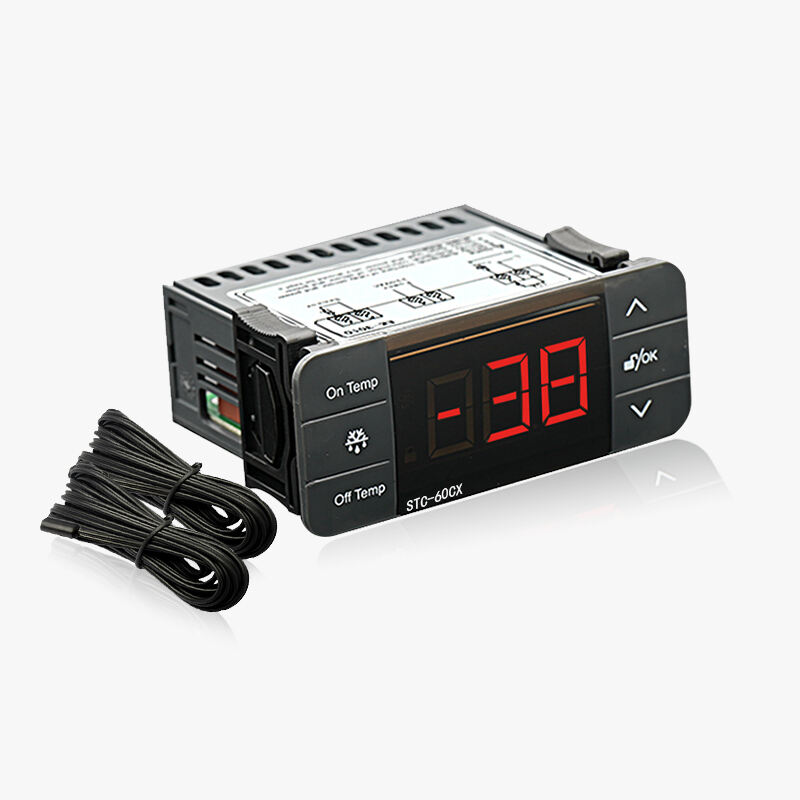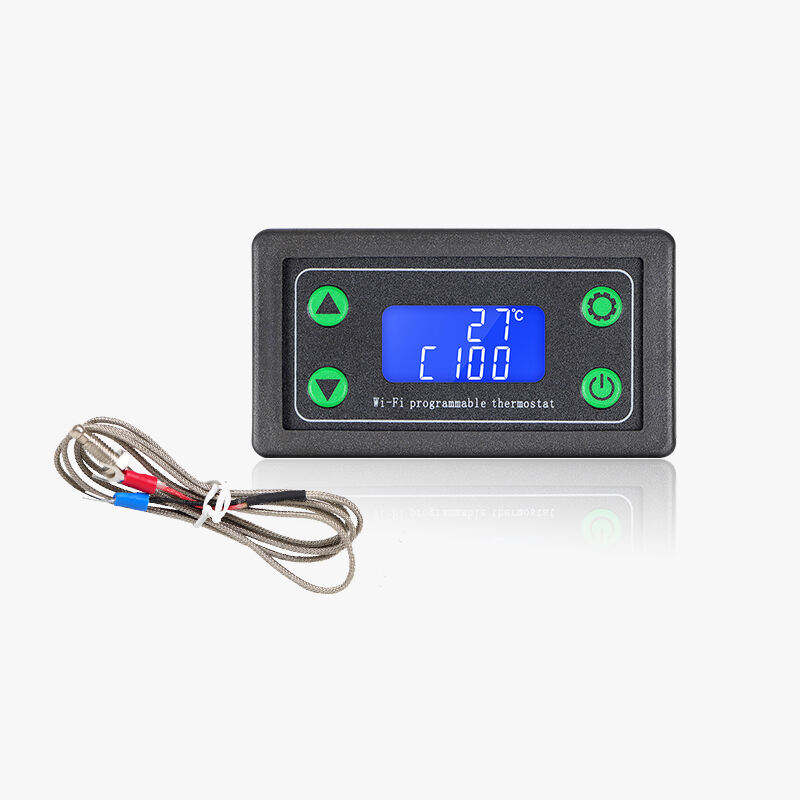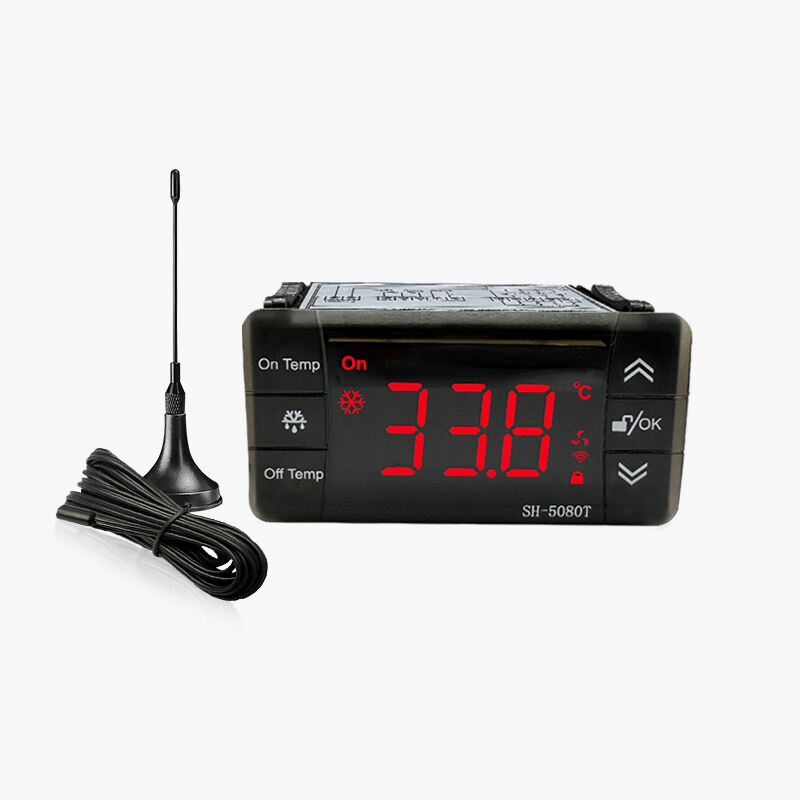Cost-Effective Performance Scaling
Temperature controller pricing follows a strategic scaling model that aligns with performance capabilities and user requirements. Entry-level controllers offer essential functions at accessible price points, making them ideal for basic applications and small-scale operations. Mid-range models represent the sweet spot in the price-to-performance ratio, incorporating advanced features like multi-zone control and data logging capabilities without the premium cost of high-end systems. The scalable pricing structure enables businesses to start with basic models and upgrade as their needs evolve, protecting their initial investment while providing a clear pathway for future expansion. This approach ensures that organizations can access the level of temperature control they need without overinvesting in unnecessary features.

